Doctorate of Christian Counseling
No Refunds on Book Orders.
One Year Program
Tuition: $3,250.00 plus $60.00 application fee (Book Fees / Graduation Fees / Administration Fees...listed separately)
Prerequisite: Master of Biblical Studies or Theology
Graduation Requirement: VERY IMPORTANT. A 12,000 word thesis / dissertation for each year is required for this degree, typed and mailed to NCBI, PO Box 865, Carolina Beach, NC 28428, no later than April 15th. This is mandatory! Without this thesis / dissertation, you will not receive your degree. This will be placed in your file at NCBI.
Student Learning Objectives:
- Effectively writes a thesis paper that the overall quality is excellent
- Effectively writes a thesis paper that shows knowledge of the subject
- Effectively writes a thesis paper that provides validity of facts
- Effectively writes a thesis paper that shows quality of writing
Course Study
Complete Teaching Videos and Books
Introduction to Biblical Counseling
Lesson 1: Introduction to Your Teacher
Lesson 2: The Normal Distribution Curve
Lesson 3: Resources in Christian Counseling
Lesson 4: The Integration of Psychology and Theology
Lesson 5: An Interview with Joan Ridgley
Lesson 6: An Interview with Brad Lombardi
Lesson 7: Review of the First Unit
Introduction to Psychology
Lesson 1: The Brain, Biology and Behavior
Lesson 2: Child Development
Lesson 3: Sensation and Reality
Lesson 4: Learning
Lesson 5: Memory
Lesson 6: Thinking and Cognition
Lesson 7: Motivation and Emotions
Lesson 8: Personality Development
Lesson 9: Abnormal Behavior
Introduction to Sociology
Lesson 1: The Culture
Lesson 2: The Society
Lesson 3: Groups & Organizations
Lesson 4: The Socialization Process
Lesson 5: Deviance
Lesson 6: Sexual Behavior
Lesson 7: Social Stratification and Class
Lesson 8: Race and Ethnicity
Lesson 9: Women and Men
Lesson 10: Age and Aging
Lesson 11: The Family
Lesson 12: Education
Lesson 13: Religion
Lesson 14: Politics
Lesson 15: The Economy
Lesson 16: Population Patterns
Lesson 17: Urbanization and City Life
Introduction to Counseling
Lesson 1: An Overview of Counseling
Lesson 2: The Personal Attributes of an Effective Counselor
Lesson 3: The Personal Attributes of the Counselees
Lesson 4: Expectations and Goals of Counseling
Lesson 5: Regard and Respect
Lesson 6: Client Centered Counseling and Existential Counseling
Lesson 7: Counselor Authenticity within the Counseling Setting
Lesson 8: Trait-Factor Model
Lesson 9: Rational Emotive Counseling
Lesson 10: Biblical Counseling
Lesson 11: Reality Counseling
Lesson 12: Counseling Intakes
Lesson 13: Practical Applications to Counseling
Introduction to Abnormal Psychology
Lesson 1: Introduction to Abnormal Psychology
Lesson 2: Understanding the Models for Explaining Abnormal Behavior
Lesson 3: Assessment and Classification of Abnormal Behavior
Lesson 4: Anxiety Disorders
Lesson 5: Dissociative and Somatoform Disorders
Lesson 6: Psychological Factors Affecting Physical Disabilities
Lesson 7: Personality and Impulse Control Disorders
Lesson 8: Substance-Related Disorders
Lesson 9: Sexual and Gender Identity Disorders
Lesson 10: Mood Disorders
Lesson 11: Suicide
Lesson 12: Schizophrenia
Lesson 13: Cognitive Disorders
Lesson 14: Disorders of Childhood and Adolescence and Mental Retardation
Lesson 15: Community Psychology
Introduction to Adolescent Psychology
Lesson 1: Introduction to Adolescence
Lesson 2: Theories of Development
Lesson 3: Puberty
Lesson 4: Cognitive Development
Lesson 5: The Family
Lesson 6: Schools
Lesson 7: Peer Relationships
Lesson 8: Culture
Lesson 9: Self Image and Identity
Lesson 10: Gender
Lesson 11: Sexuality
Student Nondiscrimination Policy
The North Carolina Bible Institute admits students of any race, color, national or ethnic origin with all rights, privileges, programs, and activities generally accorded or made available to students of NCBI. The North Carolina Bible Institute does not discriminate on the basis of race, color, national or ethnic origin in administration of its policies, loan programs or other school administered programs.

